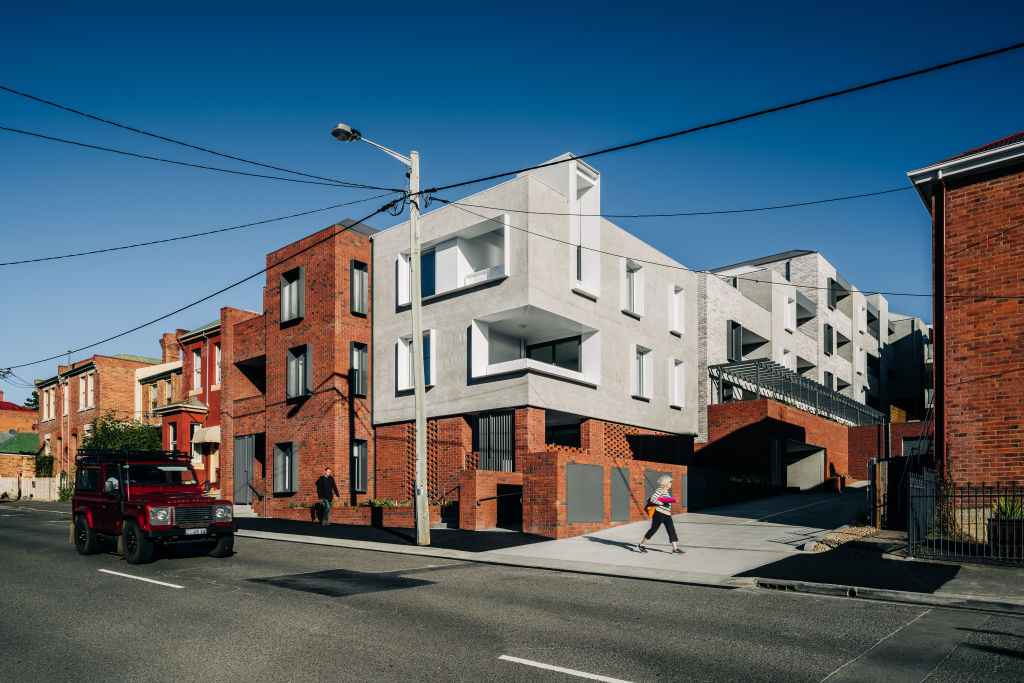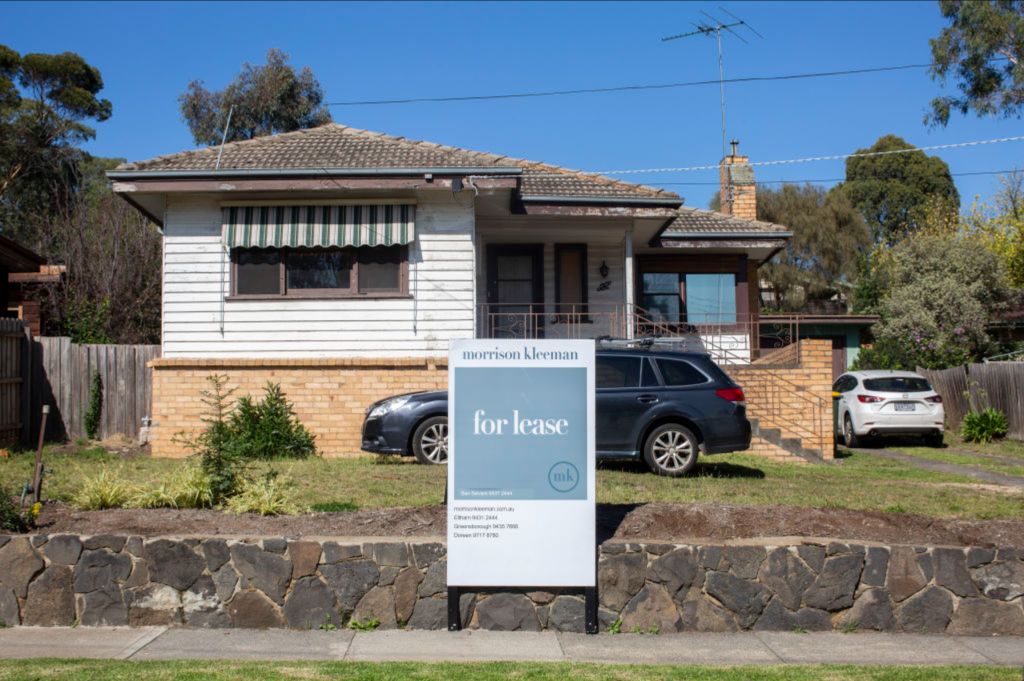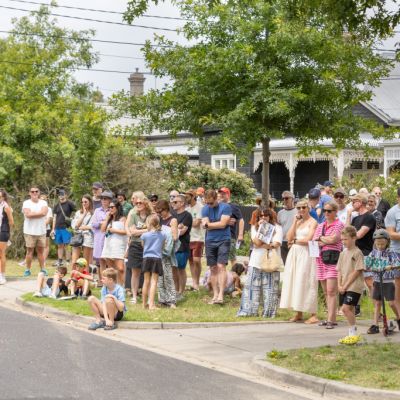Why Aussie investors want to consider contributing to social housing schemes

The woman was a domestic violence survivor, she explained, but if she couldn’t find any accommodation to rent, she’d have to return home.
“We have a property for rent we can offer you today,” said the agent at HomeGround Real Estate Sydney. “Come on in, and we’ll show it to you.”
That woman has since become one of the agency’s best and most reliable tenants. And today, as the housing shortage continues to bite, investors are increasingly urged to consider participating in affordable housing schemes.

“There’s a real feel-good factor in this,” says associate professor Akshay Vij, who was the lead researcher in a new Australian Housing and Urban Research Institute study on the topic. “Most people we surveyed were enthusiastic about helping others.
“But ultimately, most people are in the real estate market to receive a cash flow and capital growth, and they don’t want to miss out on that income. We found, however, that with the tax concessions and other financial incentives that are offered, most investors end up breaking even.”
In addition, the research found that more landlords – 90 per cent of whom are small-scale “mum and dad” investors – would be interested in affordable housing schemes if they were aware of them. As a result, governments are keen to tap into this resource as another front in the battle to ease the housing crisis.
“The government doesn’t have the income or GDP [gross domestic product] to provide more affordable rental properties on their own,” says property expert Abdullah Nouh, the founder of buyer’s agency Mecca Property Group. “So, they’d like these smaller investors to also be a part of the solution.
“There’s a lot more awareness around now of ethical investing and helping others in the market, rather than being seen as a greedy landlord asking exorbitant rents. We usually talk to clients about not having sentiment when it comes to investment decisions, but these can be great products.”

The advantages for landlords of these schemes can include guaranteed rental payments providing cashflow security, no loss of rent from vacancies, no need to advertise for new tenants, reduced administration and management costs, and make-good provisions to restore the property to its original condition.
HomeGround Real Estate Sydney – with similar firms in Melbourne and Canberra – is a non-profit agency that connects people in housing stress with affordable rental properties.
As a registered social enterprise, it also invests any surplus back into Bridge Housing, an award-winning community housing provider.

At the same time, owners can claim the gap between market rent and reduced rent as a charity donation to minimise their income tax, and snare a capital gains tax exemption of up to 60 per cent.
Manager Anastasiya Kozak says the help offered to the domestic violence survivor was just one example. “There’s so much good that can be done to help others in need without forfeiting the returns from your property,” she says.
“Affordable housing schemes are becoming better known around the country now, and we expect them to become more popular as understanding grows.”
We recommend
States
Capital Cities
Capital Cities - Rentals
Popular Areas
Allhomes
More










